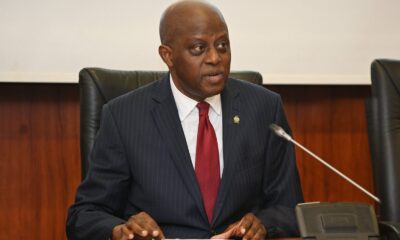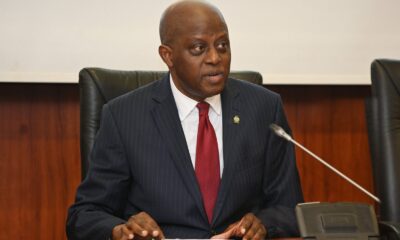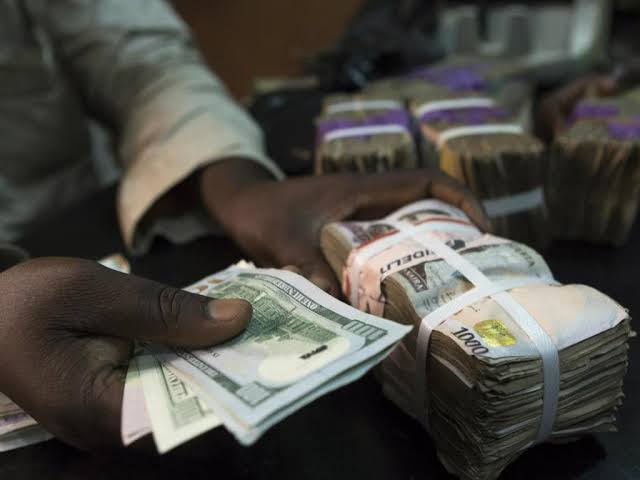Inside Nigeria
SERAP sues CBN over increased ATM charges, calls for reversal

The Socio-Economic Rights and Accountability Project (SERAP) has taken legal action against the Central Bank of Nigeria (CBN) over its decision to increase Automated Teller Machine (ATM) transaction fees, which the group describes as unfair and unlawful.
The CBN recently introduced new charges, stating that withdrawals from ATMs outside a bank’s premises would now attract a N100 fee for every N20,000 withdrawn. Additionally, withdrawals from ATMs at shopping malls, airports, and standalone cash points would come with an extra surcharge of up to N500 per N20,000.
In a lawsuit filed at the Federal High Court in Lagos, SERAP is asking the court to determine whether the CBN’s decision is “arbitrary, unfair, and contrary to the Federal Competition and Consumer Protection Act 2018.” The organization is also requesting an order to restrain the CBN and its agents from enforcing the new charges pending the resolution of the case.
SERAP argues that the increase discriminates against low-income Nigerians, making banking services more expensive for those who rely on ATMs for cash withdrawals. The group states that the decision contradicts the Nigerian Constitution, the CBN Act, and the country’s consumer protection laws.
“The CBN is failing to comply with the Nigerian Constitution and consumer protection laws in the exercise of its powers,” SERAP stated in the lawsuit. “The increase should have been shouldered by wealthy banks and their shareholders, not ordinary Nigerians who are already struggling with economic hardship.”
According to SERAP, allowing banks to charge excessive ATM fees would worsen financial difficulties for many Nigerians while benefiting banks that continue to post massive profits. The group insists that such policies should be designed to protect consumers rather than exploit them.
SERAP is asking the court to declare the CBN’s decision unlawful and to set aside the circular announcing the new fees. It also wants an order restraining the CBN and financial institutions from implementing the new charges.
The case is yet to be assigned a hearing date.
































